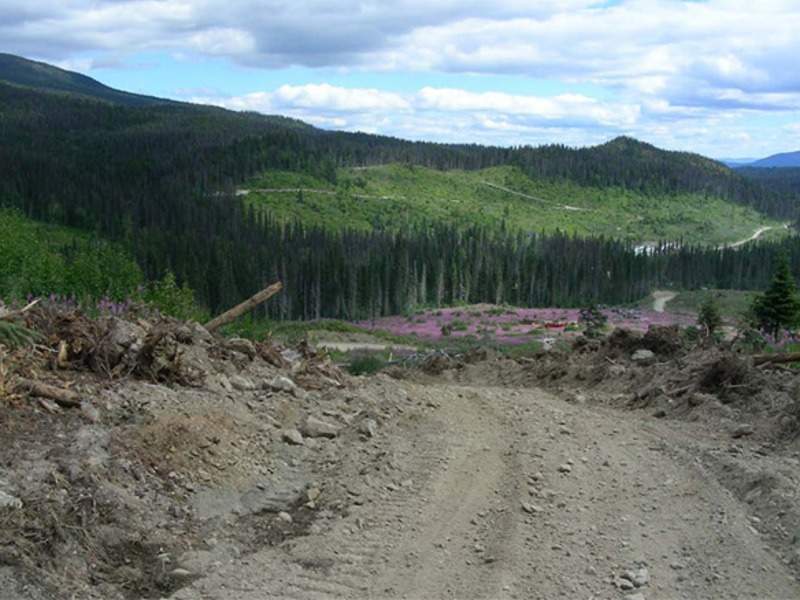The Decar nickel-iron alloy project is being developed within the Mount Sidney Williams complex in British Columbia, Canada. FPX Nickel, previously known as First Point Minerals, fully owns and is developing the project.
The development is currently focused only on the Baptiste prospect, for which preliminary economic assessment (PEA) study was completed in March 2013. The NI 43-101 technical report of the prospect was completed in February 2018.
FPX estimates to produce 37,369 tonnes (t) of nickel concentrate per annum from the project, through its expected mine life of 24 years.
A metallurgical study on the Baptiste Deposit was commenced in September 2018 and is expected to be completed in the first quarter of 2019.
Decar nickel-iron project location, geology, and mineralization
Located approximately 90km north-west of Fort St. James in British Columbia, the Decar property comprises 60 mineral claims spread over 245 square kilometers (km²).
The project is located above the Cache Creek terrane, which hosts the strongly altered (serpentinized) ultramafic rocks. The terrane is further classified into Trembleur ultramafite unit, Rubyrock igneous complex, Sitlika assemblage, Copley limestone, and Sowchea succession.
The Trembleur ultramafic unit hosts nickel-iron alloy mineralization and primarily contains peridotite with minimal amounts of dunite, pyroxenite, and gabbro.
The property hosts nickel mineralization in the form of awaruite, which extends throughout the peridotite on the Decar Property. High-grade and larger grain size Ni-Fe mineralization is abundantly found at four zones namely Baptiste, Sid, B, and Van.
Decar nickel-iron project reserves
Indicated and inferred mineral resources at the Baptiste deposit of Decar nickel-iron alloy project are 2.23 billion tons containing 2.72Mt of nickel, according to February 2018 estimates.
Mining and ore processing at Decar project
Conventional open-pit mining method, by using trucks and shovels, will be applied at the Baptiste deposit of the Decar nickel-iron alloy project .
An estimated 55Mtpa of ore is proposed to be mined to feed the processing plant, which will have a nominal mill throughput of 40Mtpa (114,000t per day).
Ore will be crushed in a primary gyratory crusher followed by secondary and tertiary crushing using cone crushers. The crushed ore will be grinded using ball mills operating in open circuit.
The crushed ore will be forwarded for beneficiation, wherein it will undergo magnetic separation to produce concentrate with 70% solids. The concentrate will be dewatered and dried in a diesel-fired dryer to produce the final concentrate, which will be stored in a covered warehouse.
The final product will be trucked to the rail spur and loaded into rail cars before being shipped to the Port of Prince Rupert for exporting to customers.
Infrastructure facilities at Decar
Access to the Decar nickel-iron alloy project is from Fort St. James via Highway 27 and the Tachie road.
Power supply for the project will be sourced from BC Hydro’s existing Glenannan substation (GLN) through a new 140km-long transmission line.
Water for the mining activities will be sourced from Upper Baptiste Lake and stored in an above-grade storage tank. It will be used as potable water feed, process make-up, firewater, and for general usage.
The tailings management facility (TMF) and tailings dam will be located approximately 2.5km north-west of the processing plant.
Workers will be accommodated at the 275-person camp, comprising modular units.
Contractors involved
Tetra Tech, supported by Caracle Creek International Consulting, prepared the preliminary economic assessment (PEA) report for the Decar nickel-iron alloy project, while Caracle Creek International Consulting was engaged to manage diamond drilling at the Baptiste awaruite deposit.




